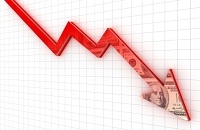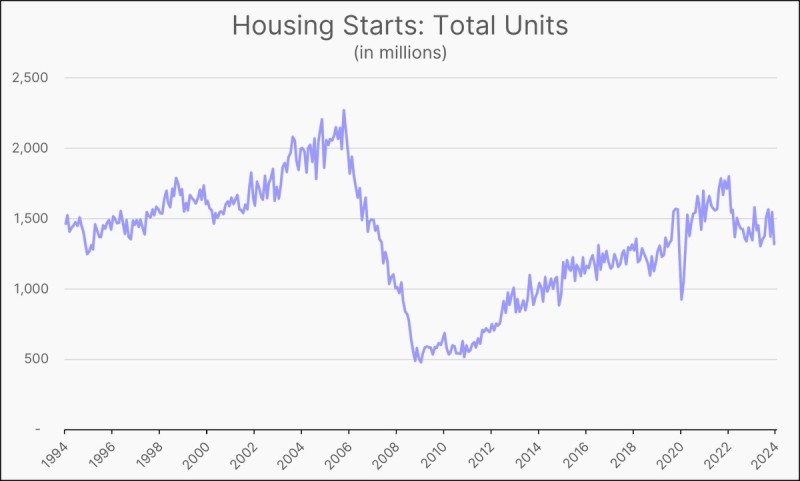Advertisement
FHA in the Red

The Federal Housing Administration (FHA) is expected to report its annual report to Congress on Friday ... one which paints a bleak picture of the agency's ongoing financial struggles. For the first time in the agency's 78-year history, the FHA may require a bailout from the American taxpayers as its capital cushion dipped to -$16.3 billion at the end of fiscal year 2012, according to a report prepared by the independent firm of Integrated Financial Engineering Inc. (IFE Group) of Rockville, Md.
“The recognition that FHA’s economic value is now negative is a stark reminder that we have put off fundamental housing finance reform for too long," said U.S. Sen. Bob Corker (R-TN).
In 2009, the FHA reported that its reserves dropped below the threshold of two percent of its loan balances as mandated by Congress. Most of the FHA's losses resulted from loans made at the start of the downturn of the U.S. housing market, between 2007-2009. IFE Group's audit is expected to show the FHA's reserves were not enough to cover losses on $1.1 trillion in guaranteed loans. And while the FHA currently has reserves of $30.4 billion, the agency is expected to lose $46.7 billion on the loans it has guaranteed, resulting in a $16.3 billion deficit.
"FHA has strayed a long way from its original mission, and it’s time for us to return to fundamentals in housing, recognizing that having the federal government making loans to people who can't pay them back isn't good for homeowners, communities, or the country,” said Sen. Corker.
Integrated Financial Engineering's study reports that there is only a five percent chance the FHA will deplete its funds by 2019. HUD is expected to announce a number of policy changes geared toward the rebuild of the FHA, among those measures, raising the cost of FHA-backed mortgages.
"While there is no doubt that the housing finance system needs to be reformed, the contributions that the FHA has made during this economic downturn underscore the need for a government backstop for both the primary and secondary mortgage markets. In times of crisis, private financial institutions have fled the marketplace and consistently failed to step up to the plate," said Barry Rutenberg, chairman of the National Association of Home Builders (NAHB). "Without government support for home purchasing and refinancing, the nation's mortgage markets will grind to a halt, throwing the economy back into recession."
About the author





